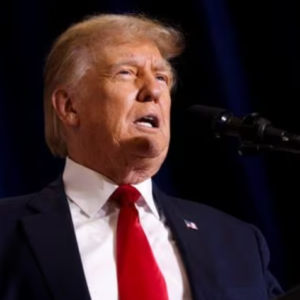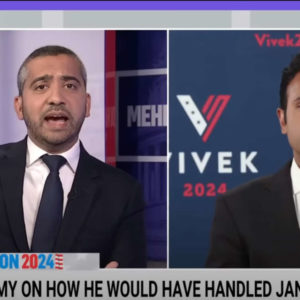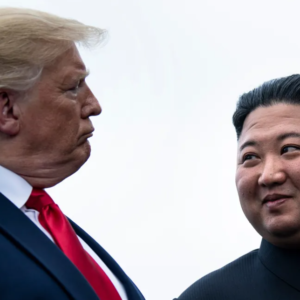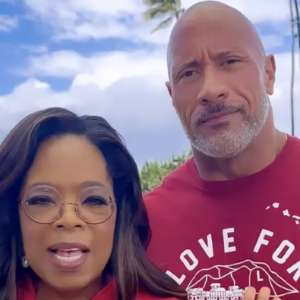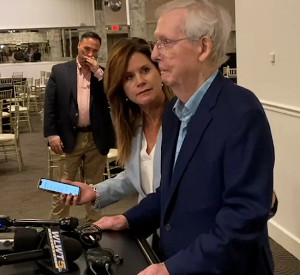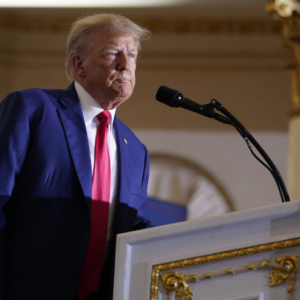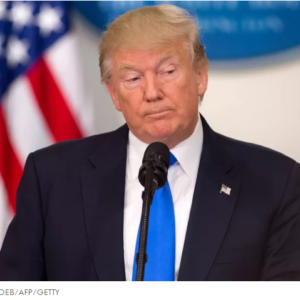Let’s think this through. Somebody has to, right?
President Trump ordered the killing of Major General Qassim Suleimani in order to “stop a war” and because other Iranian attacks on United States forces were “imminent.” As of this moment, neither the president nor any military or intelligence officials is being specific about Iranian operations. We’re only getting the “just not the facts ma’am” embellished by wild numbers (Suleimani was responsible of millions of deaths? Did I miss a war?) and general accusations that are a core component of the president’s pronouncements.
Of course, the Iranian’s are incensed by his breach of their sovereignty, but I can’t be too sympathetic given the thousands of people who’ve been killed by their attacks, either directly or through proxies across the Middle East.
The issue, though, is whether this official assassination will change anything. General Suleimani was not the head of some terrorist organization or rogue state that depended on his will or knowledge. He was part of a bureaucracy that had a plan behind it. Killing him will not stop that plan or the policies that undergird it. The Quds force will still be strong. Iranian weapons will still fire live ammunition. Iran’s leadership will still hold sway over the areas they have now in Syria and Iraq. There are likely to be other generals or military leaders in Iran who can step in and run the military. Maybe they won’t be quite as forceful or effective or feared, but run the military they will. After all, we’ve had hundreds of terrorist attacks since the killings of Osama bin Laden and Abu Bakr al-Baghdadi.
For comparison, just think about what would happen if anyone in the Trump Administration died. Policy, mostly bad, would continue with another cabinet member. It’s the same with Iran.
The end result is that President Trump made a terrible decision to abrogate the treaty with Iran negotiated by the Obama Administration. Iran was following it, and the United States could have used it as leverage to continue to put pressure on Iranian misdeeds. It also would make our allies who signed the treaty more confident that the president would honor our agreements. Breaking the treaty has led to Iran starting up its nuclear program and continuing to wreak havoc on regional neighbors. Now we’ve killed one of their major players. Does anybody other than the president believe that this will lead to Iran making nice with…anyone?
And does this action make Israel more secure? Our troops in Iraq more secure? American diplomats and government employees more secure? Will it bring Iran back to any shaped bargaining table to negotiate with a president who has shown that he can’t be trusted?
If the president really wanted to hurt Iran and other oil-based economies, he would recognize global warming for the threat that it is and work on transitioning our economy from oil and coal to one based on renewable fuels. Instead, he is doing the opposite, making it easier for industries to pollute and for construction projects to begin without concern over whether they will worsen the climate.
Most of what the president has done in foreign policy has turned out badly. The other buddy dictators he likes continue to play him because they know he loves flattery and believes that what he says will actually come to pass. He “fell in love” with Kim Jong-Un. He believes Vladimir Putin over his own CIA and intelligence services. He’s a friend with Xi Jinping. His belief in a conspiracy theory regarding Ukraine got him impeached.
Now he’s provoked Iran, and they will reciprocate. Then what?
Did anybody think about that?
For more, go to www.facebook.com/WhereDemocracyLives or Twitter @rigrundfest
Assassination as Foreign Policy
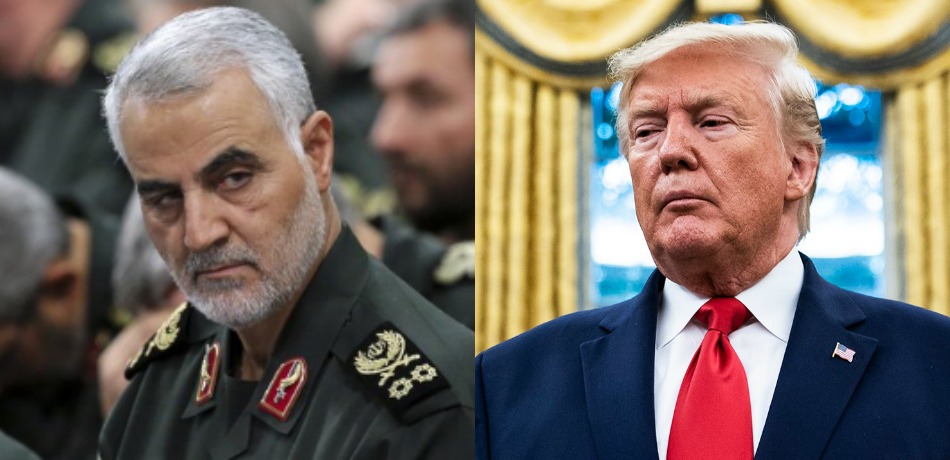
Facebook Comments
